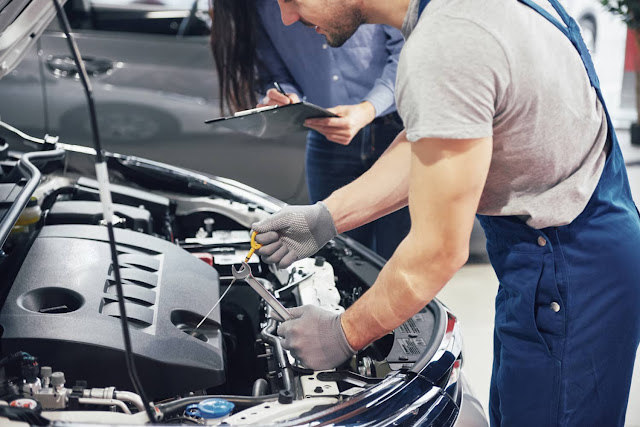Why Full Module Replacement Is the Tech Revolution You Need

In today's ever-changing technological world, staying ahead of the curve is critical for both organizations and individuals. Full Module Replacement is a game-changing notion that is changing how we think about technical breakthroughs. This game-changing strategy is more than just an update; it's a paradigm change that offers increased efficiency, flexibility, and future-proofing for your systems. The Vitality of Full Module Replacement Full Module Replacement is more than a catchphrase; it is a revolutionary method that entails replacing complete modules inside a system rather than making incremental modifications. This method allows for the seamless integration of cutting-edge technology while minimizing disruption to current infrastructure. This technique guarantees that your systems are nimble and adaptable in a world where fast technical obsolescence is the norm. Unlocking Unrivaled Flexibility One of the most significant benefits of Full Module Replacement is the une...
.jpg)